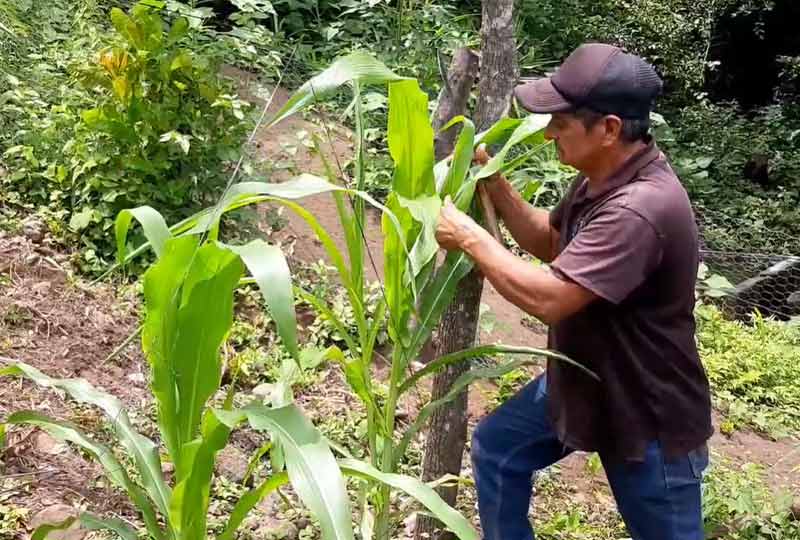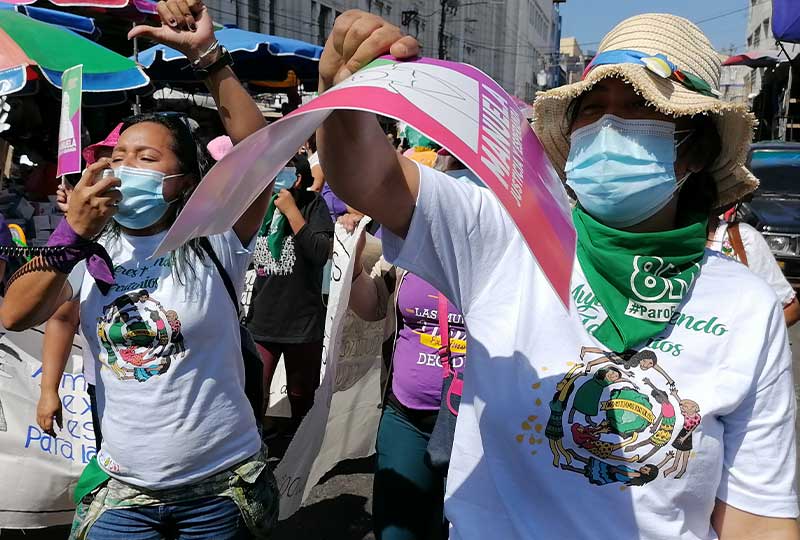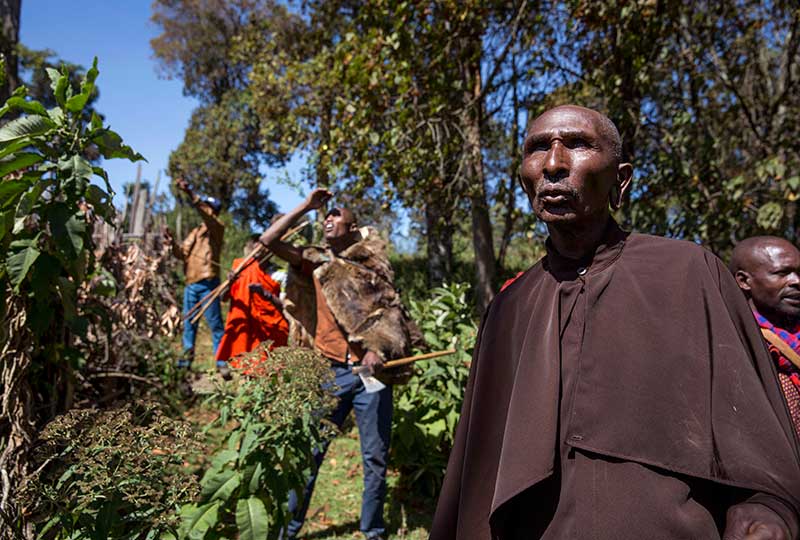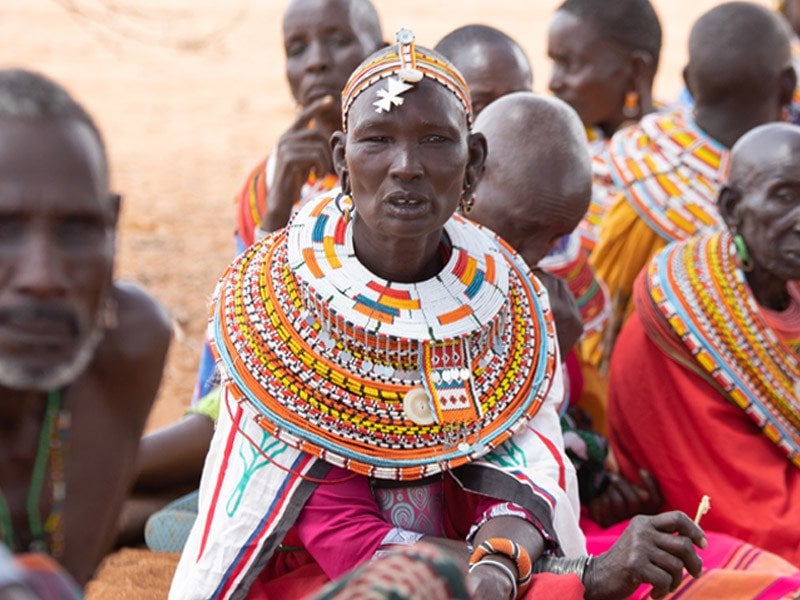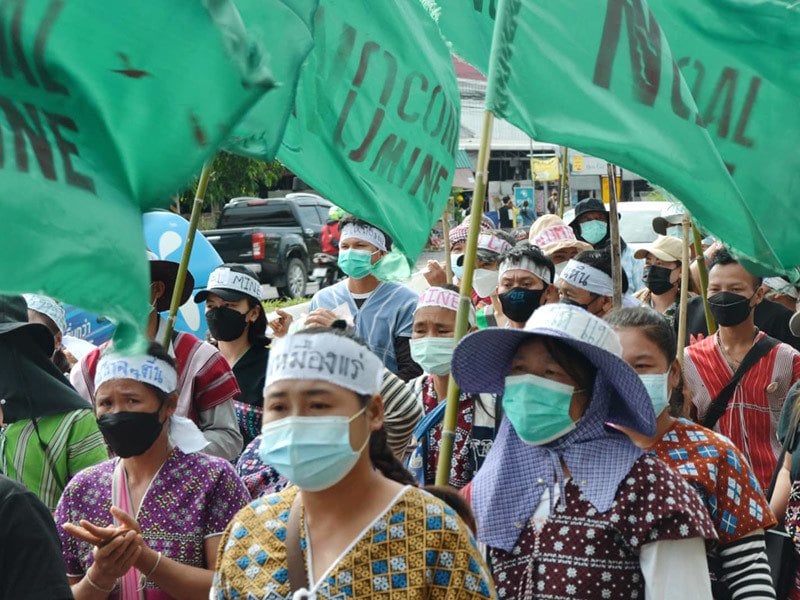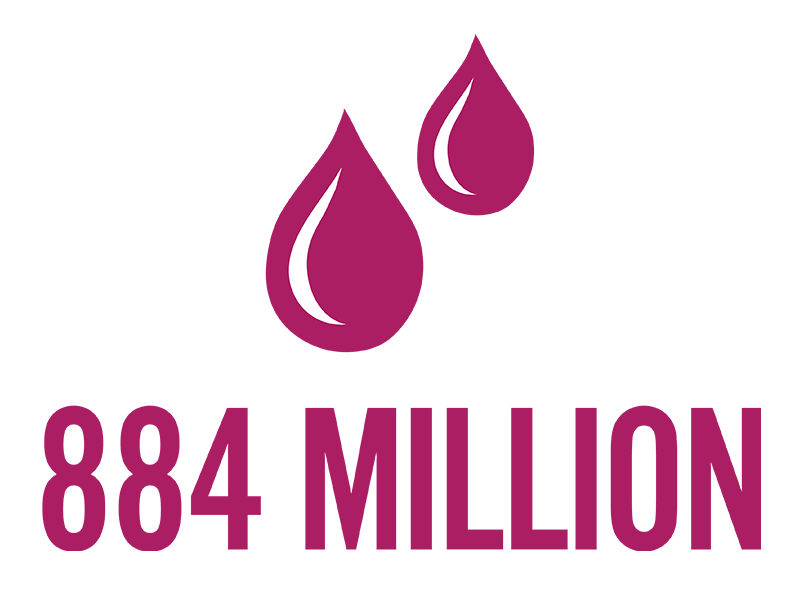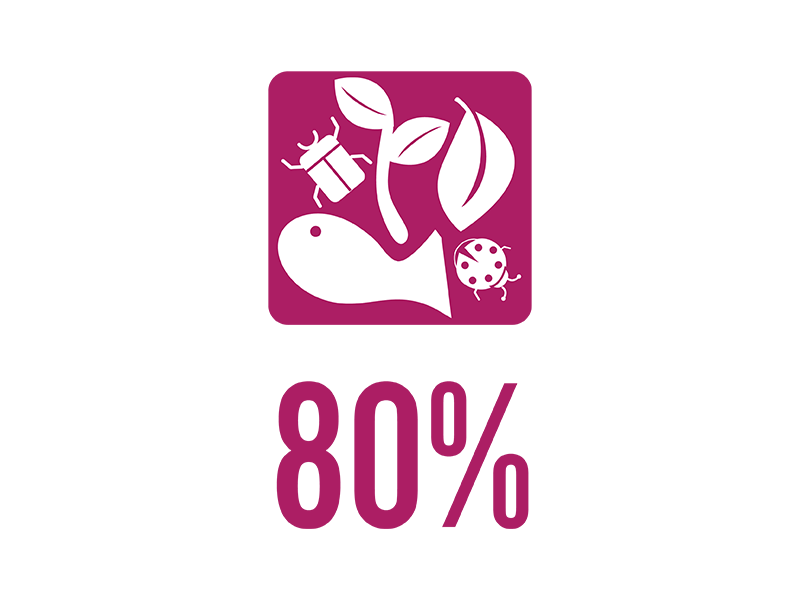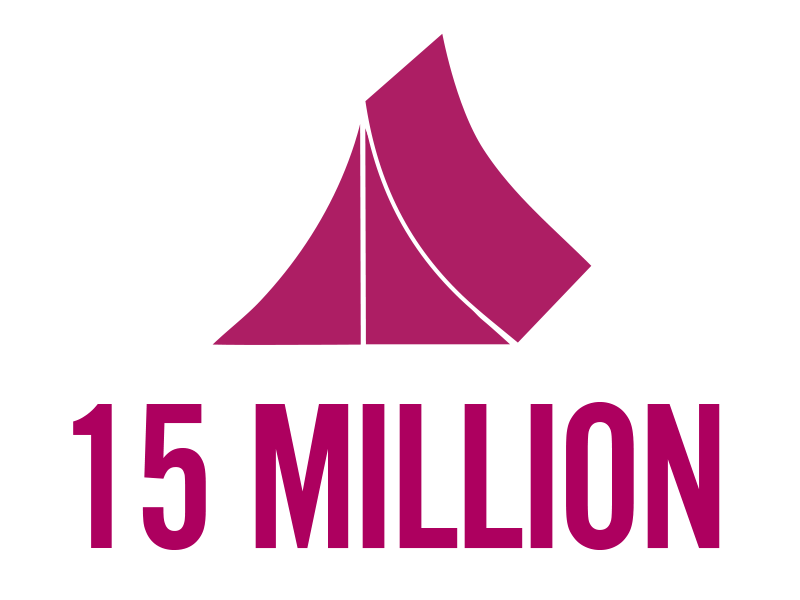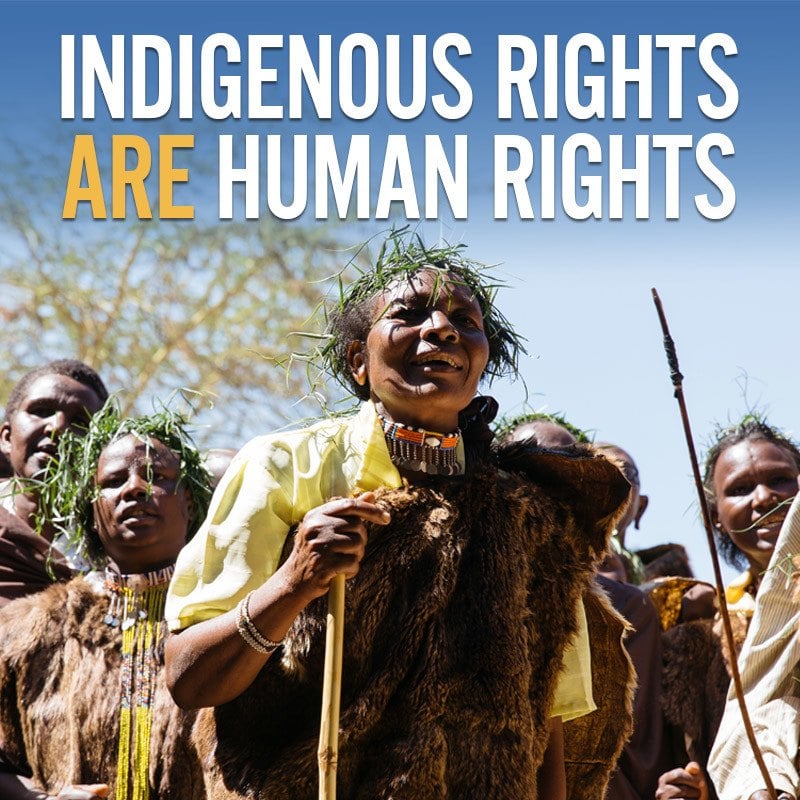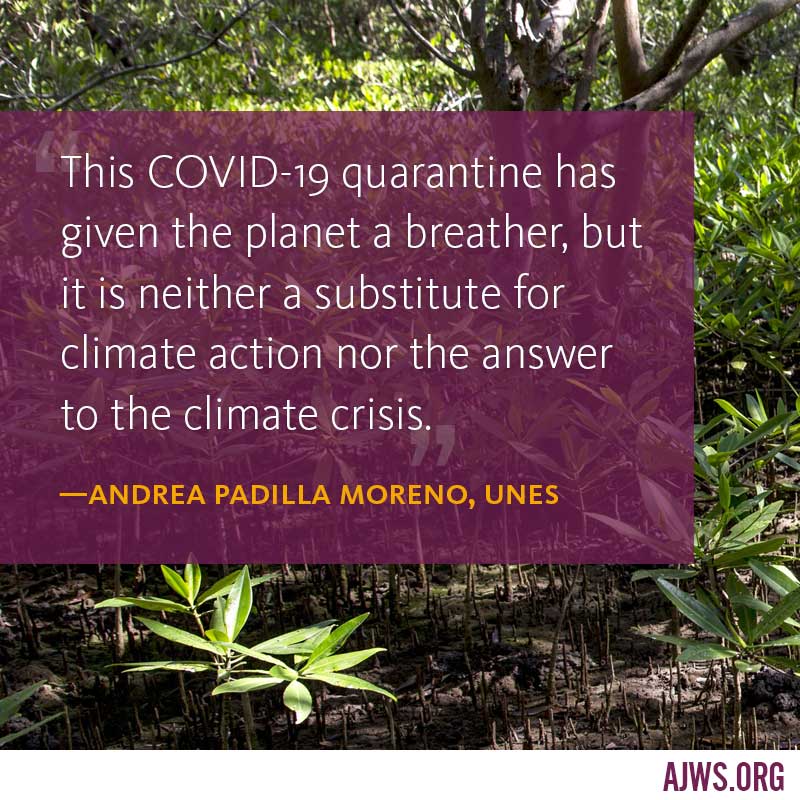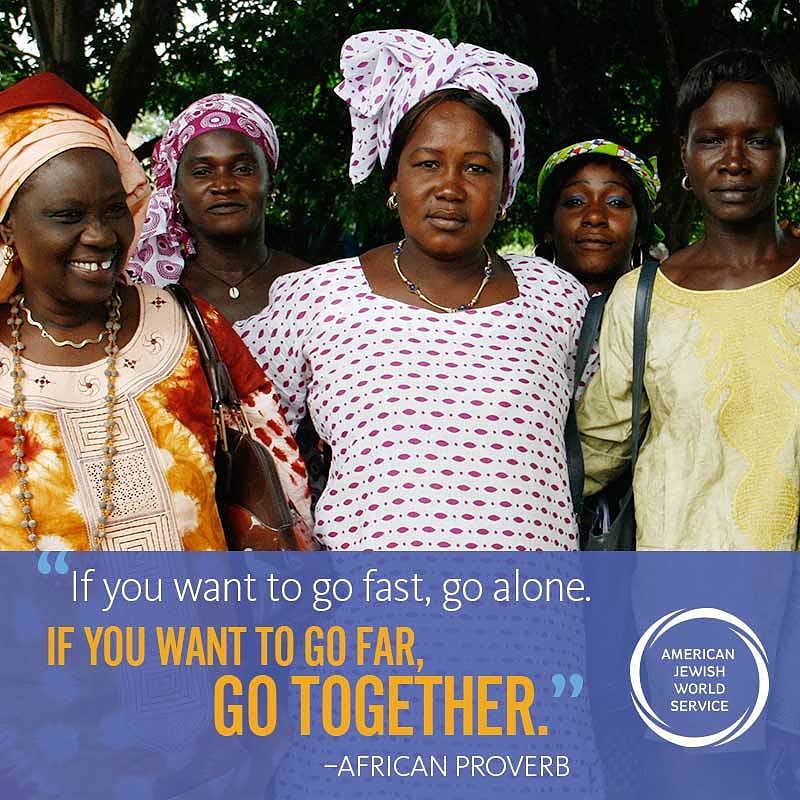The Challenges
Around the world, rural and Indigenous communities are fighting for their rights to live with safety, justice and dignity—and often their very survival—in a rapidly changing world.
The aggressive drive to develop land, build mega-dams, mine for minerals, harvest rivers and oceans and log the earth’s remaining forests is unjustly pushing millions of Indigenous people and small farmers out of the homes where they’ve lived for generations—lands and waters that often hold spiritual and cultural significance central to their identities. Many governments blatantly disregard laws and treaties protecting the rights of these communities, putting profit over the needs of people and our planet. These communities are not consulted, respected, or at times even acknowledged, as their lands and waters are plundered for profits that benefit corporations and endanger the planet.
On top of these challenges, our global dependence on carbon-emitting fossil fuels and large-scale industrial agriculture are deepening the climate crisis. But the dangers of this global emergency are not experienced equally by all people. Rural and Indigenous communities who depend on the land and water, and often live in dwellings exposed to the elements, are disproportionately affected by the powerful storms, floods, droughts, fires and heatwaves that increasingly ravage their homes and livelihoods. Their rights to live how they choose—sustainably and independently—are unjustly stripped.
How We Make Change
The activist organizations AJWS supports around the world know there is no time to waste. They are standing up to fight for their human rights, and the very future of our planet. AJWS supports more than 100 social change organizations devoted to achieving climate justice—addressing the massive inequities that leave poor and rural communities to bear the brunt of the climate crisis, and ensuring that land, water, forests and natural resources are used fairly and sustainably.
These activists are working to slow climate change, stop harmful development projects, and protect the land, water, forests and natural resources that rural and Indigenous communities depend on for survival. And their tireless work is yielding progress. Communities are fending off illegal land grabs and winning legal battles confirming that their land can’t be used for mining or development without their consent. They are preserving access to clean water, stopping the destruction of forests and promoting sustainable, regenerative uses of natural resources including rivers and oceans.
The activists AJWS supports know they can’t do this work alone. They build grassroots social movements to create change, fighting for climate justice at the local, national and international level. And they’re making a difference: Recently, AJWS grantees have secured state recognition of Indigenous communities’ ancestral lands in Kenya and sparked a country-wide movement to ensure that water is respected as a human right in El Salvador.
AJWS acknowledges that the climate justice activists we support—and the communities that they fight for every day — are the true stewards of our planet’s future. Indigenous people represent just 5% of the world’s population, but they protect over 80% of the earth’s biodiversity. Along with other rural communities, they live closest to the land—and they utilize “agroecology” (sustainable farming practices that work with nature), not industrial farming practices that destroy it. Their voices must be heard in the halls of power, and their rights must be respected and protected.
At AJWS, we are building a world where:
- The rights to land, water, forests and other natural resources are guaranteed for all people, especially Indigenous people, the rural poor, women and other marginalized communities.
- People and the planet are living in mutual interdependence, with a just distribution of resources to support human life and sustain the earth’s biodiversity.
- Women’s involvement in global and local land rights movements is championed—and their voices as leaders of these movements is respected and followed.
- Those who did the least to contribute to the climate crisis, yet bear its biggest burden, have a voice in addressing the problem.
- Rural and Indigenous communities have achieved food sovereignty—the ability to produce diverse, sustainable crops to earn a living and feed themselves without reliance on industrial agriculture.
